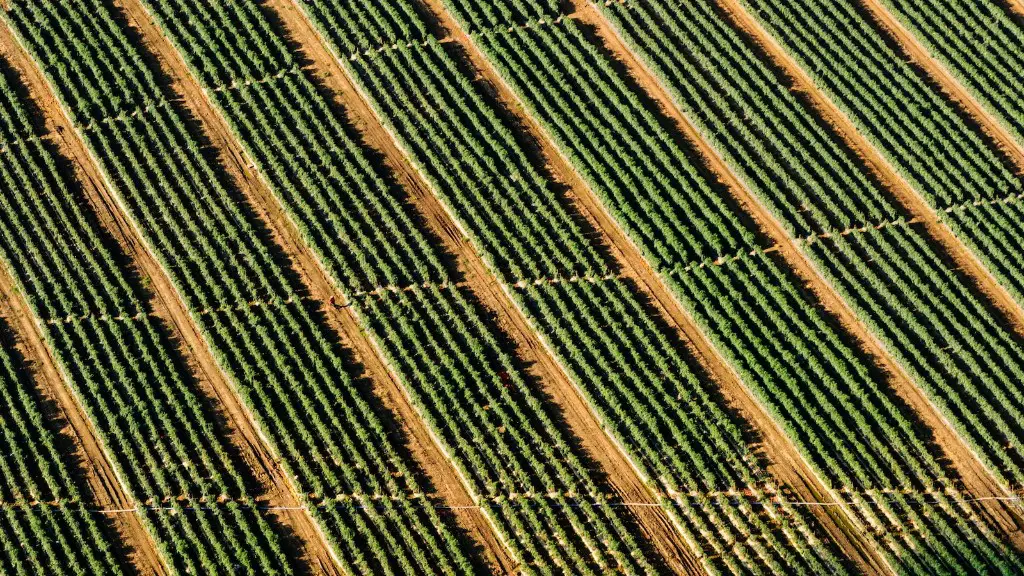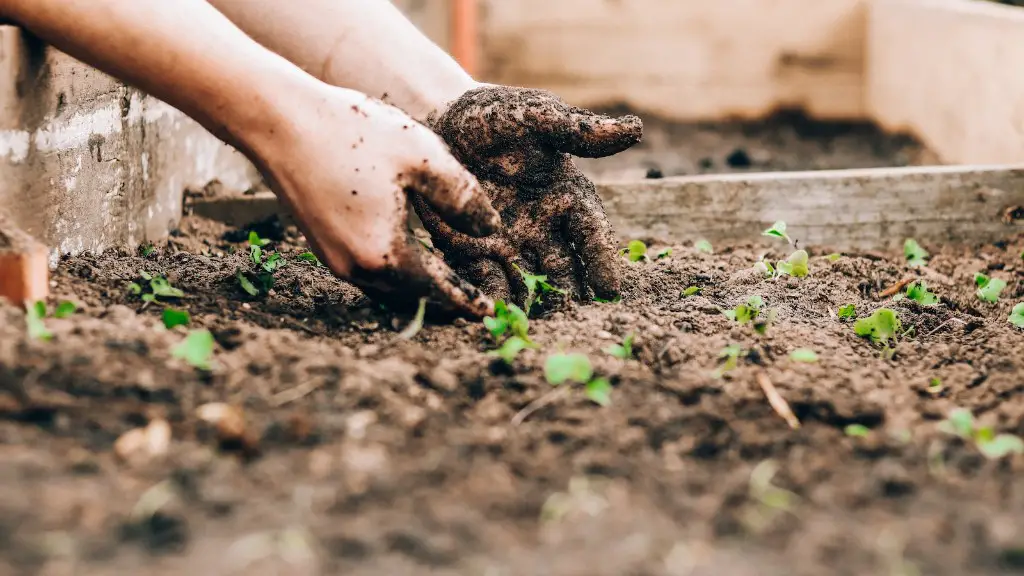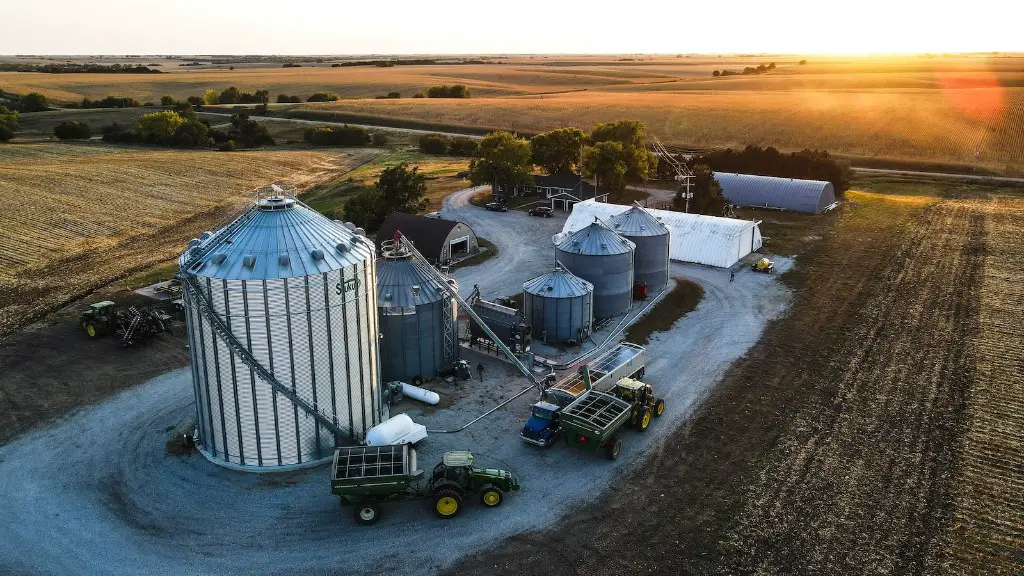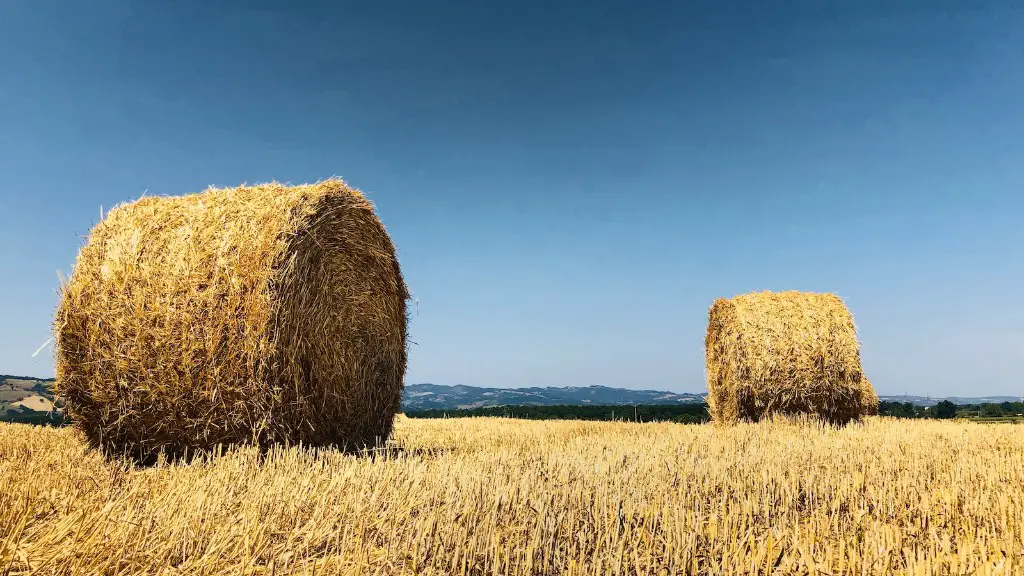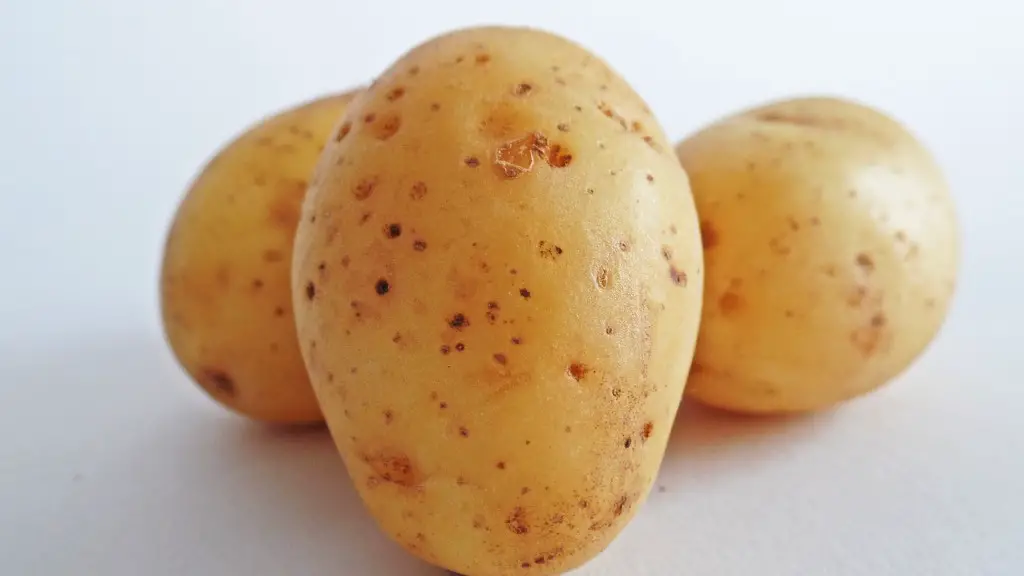Agriculture farming is a commitment to producing high-quality crops, vegetables and fruits for yourself, your family, and the market. Knowing the basics of how to start agriculture farming is an important step towards success. Here are some tips to get you started:
1. Find the right land: Before you get started, you will need to find land where your crop can grow. Evaluate the soil quality, climate conditions and availability of resources such as water and electricity. Make sure the land is suitable for the type of farming you intend to do.
2. Plan your crops: Once you have your land, you need to decide what crops to grow. Consider what you and your customers want and research the local conditions and marketability. Make sure your crops can resist any microbial threats and do well in different circumstances.
3. Invest in good equipment: Invest in the best quality farm equipment you can afford. Make sure you have tractors, harvesters, plows, and irrigation systems. Good equipment will save you time and energy, and ensure the success of your crop.
4. Get animals: Animals are an important part of an effective agriculture farming system. Having goats, chickens, cows, or pigs will provide you with more food options and more nutrient-rich soil. Make sure to take care of them and provide them a safe and healthy environment to thrive in.
5. Start composting: Composting is a great way to make your soil more nutrient-rich and reduce the amount of fertilizer you need to use. Do your research and start composting today!
6. Learn marketing: An important part of success in agriculture is knowing how to market your crops. Look into online platforms, create a website, reach out to local stores, or reach out to local restaurants. You can also create relationships with larger companies to expand your reach.
7. Watch out for pests: Pests can be a big problem for agriculture farming. Be aware of common pests and diseases, and learn how to treat them. Invest in reliable pest control methods to reduce your losses.
What are the Best Crops for Agriculture Farming?
Choosing the best crops for your agriculture farming strategy is important for success. Consider the climate, soil type, legal requirements, market availability, future trends, and your own preferences. Different crops have different growing times, so make sure you plan your crops according to the local climate.
Some popular crops for agriculture farming that are profitable and easy to grow include corn, potatoes, cabbage, tomatoes, peas, cucumbers, onions, and beets. Fruit trees are also popular choices, such as oranges, strawberries, apples, pineapples, and mangoes. Depending on where you live, you may also have access to more exotic and less common crops, such as kiwi fruit and acai berries.
Growing organic crops is also an option for farmers who want to focus on producing healthy and sustainable foods. Organic farming often includes no or minimal use of chemicals and uses natural pest control methods instead. Popular organic crops include spinach, kale, carrots, peppers, and oats.
Finally, consider what specific local markets may want. Different cities or regions may specialize in certain crops due to their climate and soil conditions. Research your local market and plan your crop accordingly.
What Type of Equipment do Farmers Need?
Having good quality tools, tools and supplies is essential for successful agriculture farming. Invest in good quality tools and supplies that are built to last and easy to use. This will save you time and energy and reduce the likelihood of crop failure.
Invest in reliable farm equipment such as tractors, harvesters, plows, and irrigation systems. You may also need to invest in additional farming tools such as seeders, fertilizer spreaders, and trimmers. Make sure you have enough storage containers to store your crops, as well as buckets, spades, and sprays for pest control.
Additionally, you will need to invest in protective gear such as gloves, goggles, boots, hats, and other clothing items. Depending on the type of agriculture farming you are doing, you may need additional equipment such as greenhouses, drip irrigation systems, or soil testing supplies.
Finally, consider renting equipment instead of buying it. This can save you money and make it easier to focus on the important things. Make sure to research the rental prices and service options for the equipment you need.
What are the Benefits of Agriculture Farming?
At its core, agriculture farming is a way to make your own food and generate income. Growing your own food is a great way to eat healthy and have more control over what you eat. Additionally, you can also make money by selling your produce to your local market or online.
Besides health and economic benefits, agriculture farming also has a number of environmental benefits. Sustainable farming practices help reduce emissions, promote water conservation, and help preserve biodiversity. Additionally, when done correctly, agriculture farming helps reduce soil erosion and improves soil fertility.
Agriculture farming is also a way to create jobs in rural communities. It helps local economies by providing employment opportunities and providing food to the public. It can also help increase agricultural knowledge in the community and improve local infrastructure.
Finally, agriculture farming can be a great way to learn new skills. You can learn how to grow a variety of crops, use farm tools and equipment, manage farm animals, and even use modern agricultural technologies.
What are the Challenges of Agriculture Farming?
While agriculture farming can be incredibly rewarding and profitable, it can also be very challenging. Staying competitive in the industry is a big challenge. New technologies, market demands, and changing weather patterns can put pressure on farmers.
Another challenge farmers may face is pests and diseases. Without proper pest control, crops can easily be destroyed, reducing profits or even leading to total crop failure. Additionally, biological, chemical, and weather conditions can affect crops, and farmers need to be aware of these threats.
Finding and maintaining reliable labor is also a challenge that farmers may face. Reliable laborers need to be paid fair wages and provided with the necessary tools and resources. Additionally, farmers must be mindful of labor laws to avoid any legal repercussions.
Finally, farmers need to have the right knowledge to be successful in agriculture farming. Learning marketing, accounting, and other business principles is essential for success. Additionally, farmers need to be up to date on the latest technologies and farming practices.
